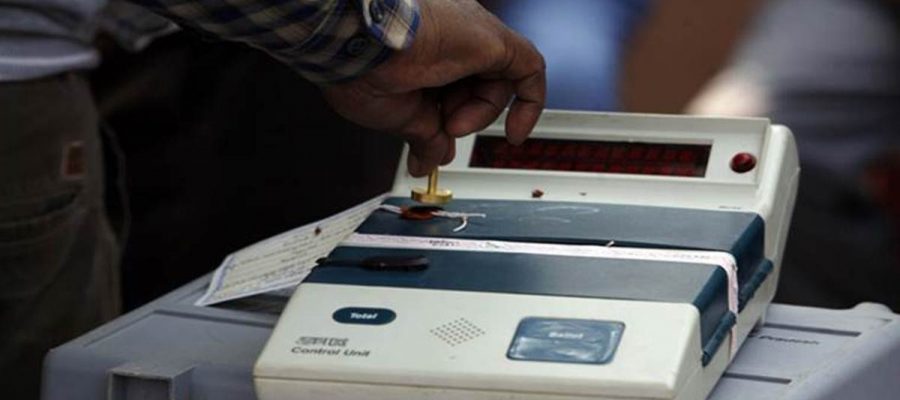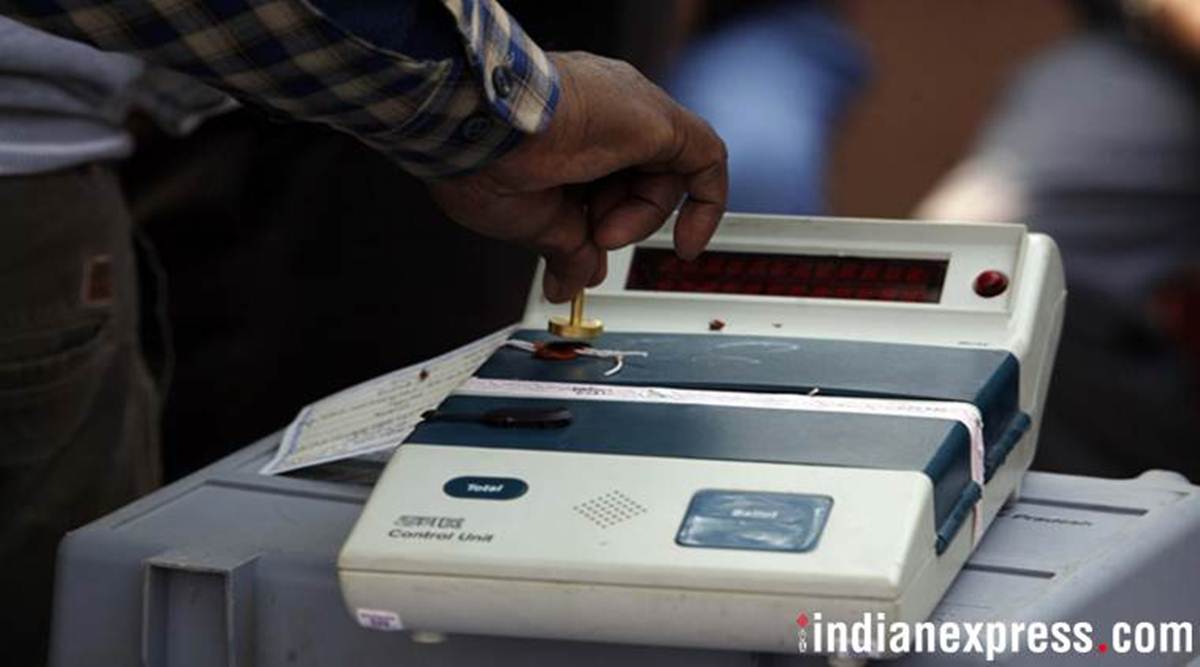Complaints and videos of auctions for panchayat seats prompted the Election Commission on Wednesday to cancel elections to two gram panchayats — in Umrane village of Nashik and Kondamali of Nandurbar, where the auctions reportedly fetched Rs 2 crore and Rs 42 lakh respectively.
In many pockets of Maharashtra, where elections to gram panchayats are scheduled to be held on January 15, democracy is up for sale — to the highest bidder.
Complaints and videos of auctions for panchayat seats prompted the Election Commission on Wednesday to cancel elections to two gram panchayats — in Umrane village of Nashik and Kondamali of Nandurbar, where the auctions reportedly fetched Rs 2 crore and Rs 42 lakh respectively.
The Indian Express visited three gram panchayats in Khed taluka of Pune district — Moi, Kuruli and Kude Budruk — and found that all the panchayat members had been elected unopposed. A gram panchayat usually has nine to 18 members, depending on the size and population of the villages.
Also, in all three gram panchayats, the villagers admitted to working towards “consensus candidates”. This, in many cases, is a proxy for subverting the electoral process through auctions.
In Moi village, for instance, Kiran Gaware, one of the candidates set to get ‘elected’ unopposed, claimed: “It was through extensive public consultations that we managed to get unopposed candidates. It was decided that the money that would otherwise get spent in the elections would be contributed towards the construction of a temple in the village,” he said.
When asked who paid for his candidature, he declined to comment.
The Moi story has played out elsewhere, too. District-wise lists of candidates show how the field is being kept open and the playing field is anything but level.
Consider:
* Of the 746 gram panchayats in Pune district, as many as 81 have only one candidate in the fray for every seat.
* In Nandurbar, 22 of the 87 gram panchayats will see all their members getting elected unopposed.
* In Beed district, the winners in 18 of the 129 gram panchayats have been decided.
* That number is 47 out of 433 gram panchayats in Kolhapur.
* In Latur, winners in 25 out of 401 gram panchayats have been decided.
There is widespread though hushed talk of auction and money being paid to buy seats.
On January 4, State Election Commissioner U P S Madan had taken cognisance of the videos and media reports of these auctions, including those published in The Indian Express, and ordered district collectors to investigate, calling these incidents “completely contrary to the spirit of democracy”.
On Wednesday, in its order cancelling elections to the two gram panchayats, the Election Commission said, “After going through the reports, and the various audio and video recordings, the Commission has decided to cancel the elections to these two villages. The district collectors are directed to take necessary legal action against the people involved in the auction.”
That’s easier said than done. For, in many cases, the actual auction can be off camera. For example, the inquiry ordered by Nadurbar District Collector Rajendra Bharud found that people who were seen participating in the auction never filed their nominations for gram panchayat seats.
Nanded District Collector Dr Vipin Ithankar submitted a similar finding to the EC.
“It transpired that the people who made the winning bid had not filed nominations. But we have filed cases against violation of Model Code of Conduct against them,” said Nandurbar DM Bharud.
This, sources said, was because winners of the auction usually do not contest the elections themselves but field their family members or other proxies, making it difficult for the administration to pin them down.
Also, most auctions do not even involve a paper trail. “The modus operandi is simple. A few influential voices in the village take a call on the candidates and ask them to contribute money for a common cause. It could be for the construction of a temple, or expansion of a school… usually expenditure that are not covered under any government schemes. The hopefuls are taken into confidence and the one who commits the maximum money for the cause is given the green signal to contest. The others are quietly managed,” said Prahlad Ingole, a Shiv Sena leader from Nanded, who says he wanted to contest the gram panchayat elections but couldn’t arrange the money.
Though panchayats elections, the stakes are high. A lot of budgetary provisions for Zilla Parishad are now at the level of village panchayats, making these seats much coveted at the local level.
A village like Kuruli, in Khed taluka of Pune, has an annual budget of Rs 5 crore to be spent on local developmental works.
“Since the 74th amendment, the village panchayat has got access to funds which were previously controlled by the Zilla Parishad or Panchayat Samitis. It’s no wonder that panchayat elections now get so much attention,” said Bhim Raskar, who runs Mahila Rajsatta Abhiyan, a Mumbai-based organisation that works on grassroots democracy. Raskar says he has personally received at least 16 complaints of open auctions for panchayat seats.
Most villages in Pune district where single candidates are in the fray are near industrial zones. “The people who control these bodies also gain a negotiating muscle with the industries for cornering labour and scrap contracts,” said a local Shiv Sena leader.
Source: Read Full Article


